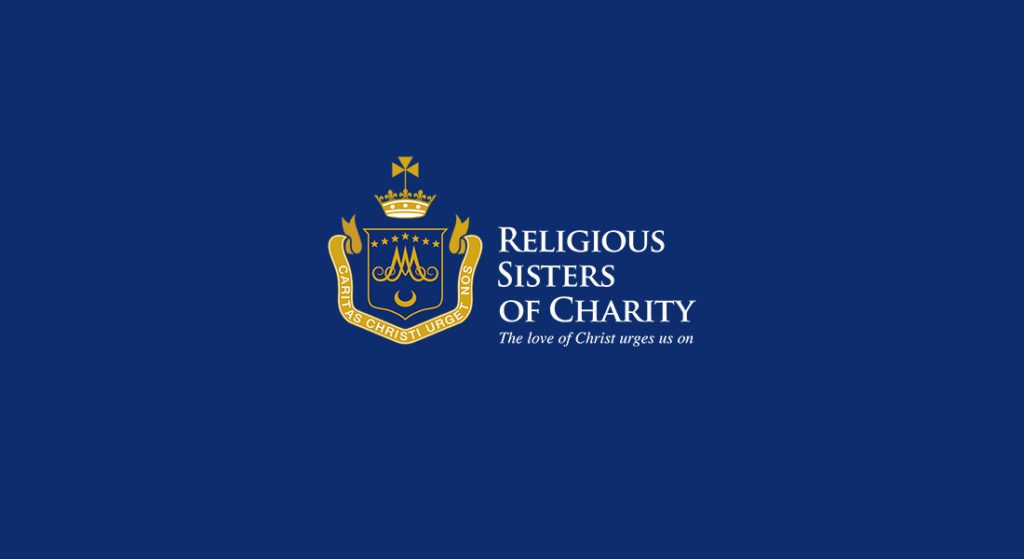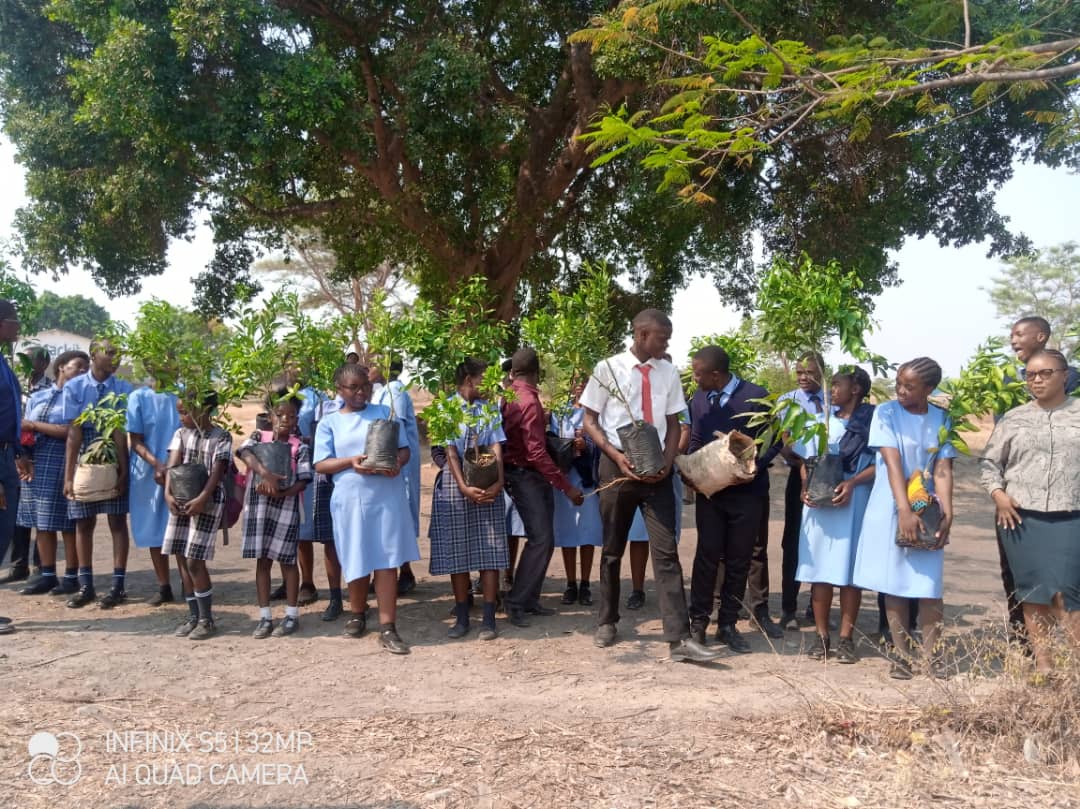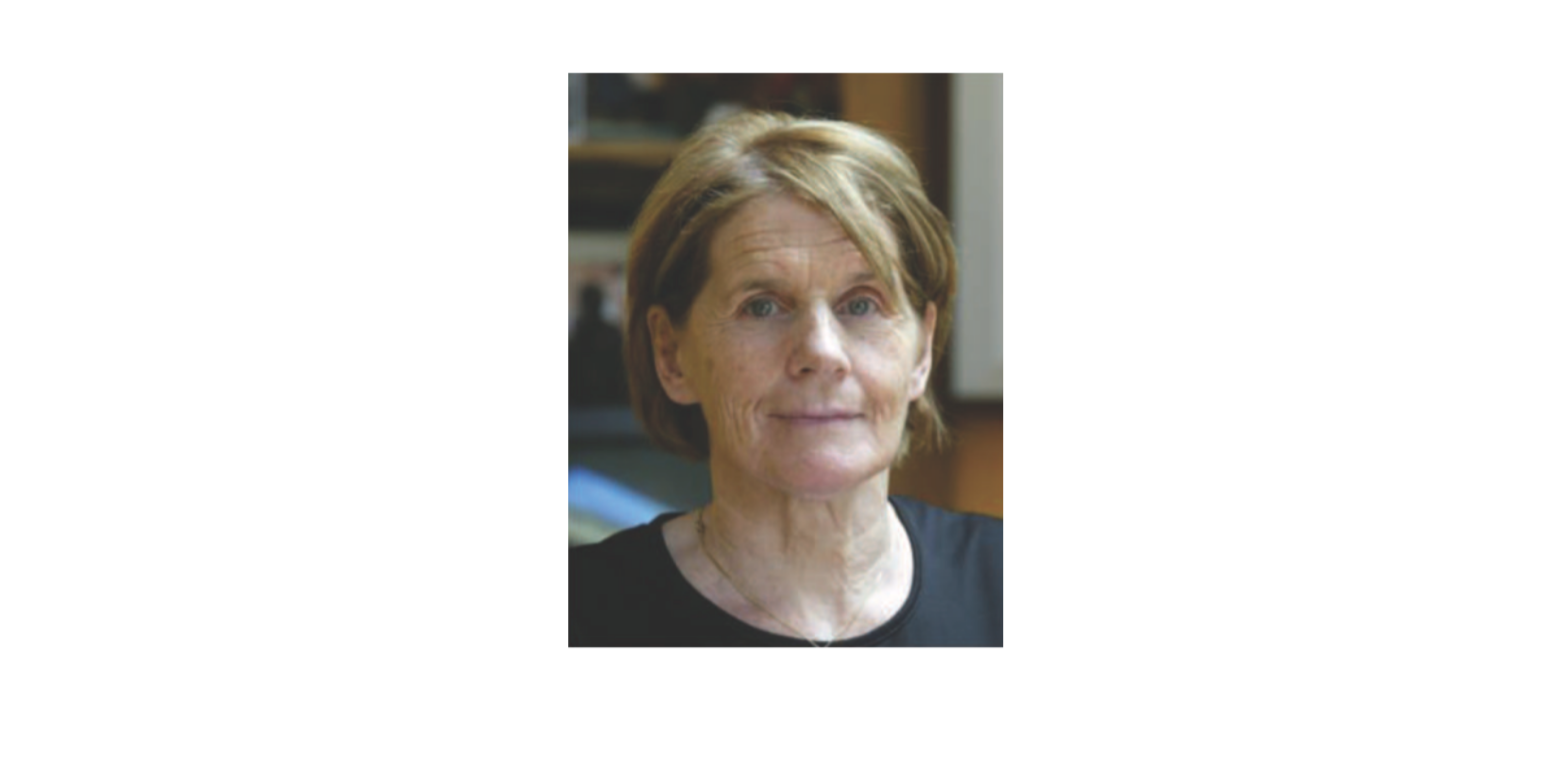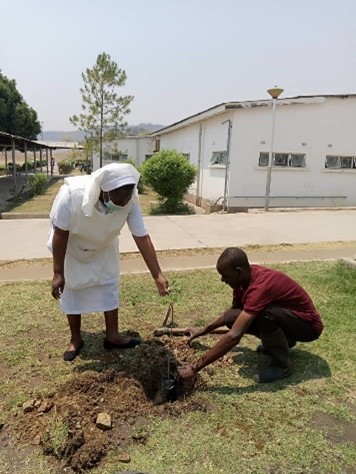
 The case of the Carlow man, his South African partner, and his daughter, who have been convicted of running a prostitution ring, received prominent coverage in all the Irish daily newspapers on 5 February when they were sentenced. The publicity has done much to highlight the darker aspects of this crime – the deception and violence involved, the profits to be made and the methods employed by those managing the prostitution business, and the important role of modern technology in facilitating it.
The case of the Carlow man, his South African partner, and his daughter, who have been convicted of running a prostitution ring, received prominent coverage in all the Irish daily newspapers on 5 February when they were sentenced. The publicity has done much to highlight the darker aspects of this crime – the deception and violence involved, the profits to be made and the methods employed by those managing the prostitution business, and the important role of modern technology in facilitating it.
It also shows how human trafficking is inherent in this sordid trade and how the distinction between choice and coercion becomes blurred when the women have no control over earnings or movements. This case also points to the fact that trafficking is not necessarily carried out by large criminal gangs but is often perpetrated by individuals and small groups of people.
At the time of their arrest in December 2008 the couple were operating about 18 brothels in towns and villages in the Republic and Northern Ireland from a house they rented in Wales. They used mobile phones to communicate with the pimps in Ireland. The women were also issued with mobile phones to take instructions about the men who would be visiting them, when they were required to move to another location, and sometimes where to lodge the money received.
The women were recruited through advertisements placed in newspapers or through word of mouth. The couple accepted all those who presented themselves or were presented to them, unconcerned about whether they were trafficked or not. Several of them were, among them a young girl of 15.
The services of the women as prostitutes were advertised via the internet and ‘clients’ booked by mobile phones run from Wales. Instructions were then conveyed to the women in Ireland so that the couple and their daughter had total control over the number of ‘clients’ the women met and the amount of money they would be expected to receive.
Most of the women had been drawn into prostitution because of difficult personal circumstances and had no idea of the appalling conditions under which they would be working. According to the Gardaí they were living in rundown apartments, sometimes without lighting, heating or cooking facilities. Many had little or no English and moving them from place to place added to their confusion and made escape impossible.
The successful prosecutions were the result of four years work by the police in Ireland and Britain. The leader of the operation in Ireland, Detective Superintendent Hayes, said it demonstrated the determination to tackle human trafficking in this country. A spokesperson for Ruhama praised the courage of the victims who reported the crime and cooperated fully with the Gardaí.







